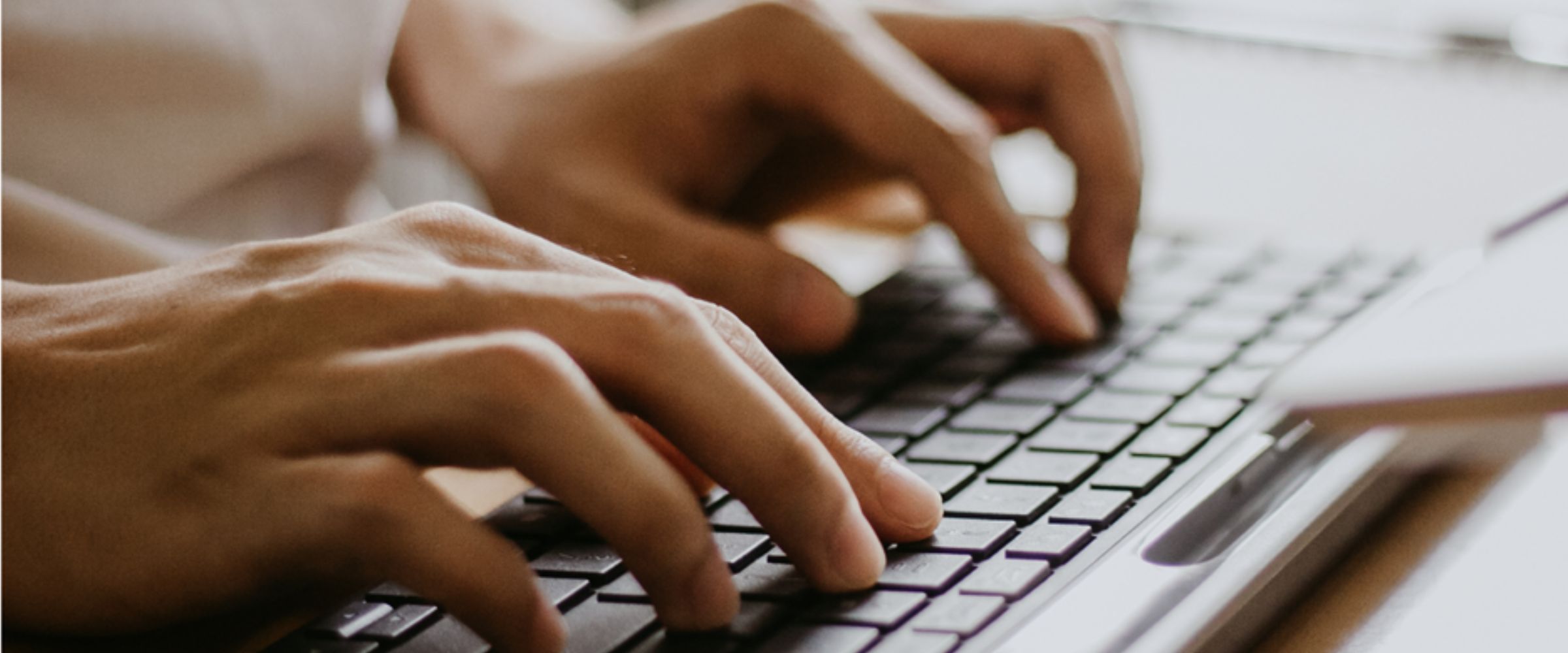Growing up Deaf - Lily Dedman's experience

November 25, 2020 in Frameworks
All I want, as a deaf person, is the same chances as hearing people.
I have the ambition and the drive to be successful, but this is used on simply accessing education and this puts me at a disadvantage, in comparison to my peers who do not have this difficulty. Being able to have the support I needed at school and university would have enabled me to reach my full potential, which we want from all our children in the education system.
Listening as a deaf person can cause listening fatigue.
This is because it is harder to lipread, note down information, hear AND comprehend what you're listening to. Hearing people have this issue with phone calls and zoom calls - they get tired because you have to concentrate more to understand the content, especially when the connection is poor or when you can't read body language!
Instead of the fatigue being caused by calls, mine is constant. So having the hearing loop straight into my hearing aids alleviates some of that exhaustion and allows me more of an equal chance to learn with everyone else.
Many people assume that deaf people are old, or can't hear anything at all.
I have moderate to severe sensineural hearing loss. This means that the nerves connecting my ears to my brain are damaged and has caused hearing loss. Without my hearing aids, I cannot hear speech, cars, hand dryers, hoovers, taps etc. With them in I can hear most of these things, but hearing aids are not like glasses - they do not fix your hearing totally.
Hearing people are able to concentrate on specific sounds, if someone is speaking, they can concentrate and block out background noise. They can also hear quiet noises which maybe they cannot 'see'.
For me, I usually have to see that someone is speaking to me, before I tune in and can comprehend the conversation. This is because I rely on lipreading as my hearing aids increase the volume on all noise, not just the speaker. This means that if I am not looking at someone talking to me, I will not always realise they've said anything at all because I am not anticipating the sound.
Growing up, it was mostly up to me and my family to ensure that I had the equipment to be able to hear at school and at events.
I had a radio aid, which acts like a personal T-Loop system, but this needed to be charged or have batteries which for long events was tricky! When I finally used an integrated T loop system, it allowed me to worry about one less thing and also meant that more than one hearing aid user could listen
In my primary school we had two deaf people and we both used different radio aids - fortunately I was able to change my frequency so it wouldn't interfere, but it meant the speaker would have to wear many wires! It got a lot easier when digital hearing aids were distributed and we were able to use a central system.
At university, I would always use the t-loop system in lectures because it allowed me to only hear the lecturer, and I couldn't hear my peers eating, typing or fidgeting which can be distracting even if you are hearing. My hearing aids amplify all noises, and as my brain has not developed the 'hearing' part properly, I cannot tune out background noise like hearing people. So using the hearing loop allowed me to concentrate better and get my money’s worth at uni :)
Want to know more about hearing loops and digital assistance?
Ashdown Audio Visual are an awarded supplier on the Procurement Services Audio Visual Solutions framework. Ashdown are experts in supporting the deaf and hard of hearing community by developing new technology including hearing loops. See what Ashdown can do to support your deaf students, staff, colleagues and visitors, go to http://www.ashdownav.com/ Want to see more of Lily’s story? Go to https://www.youtube.com/watch?v=qLWWW5HrGgw


